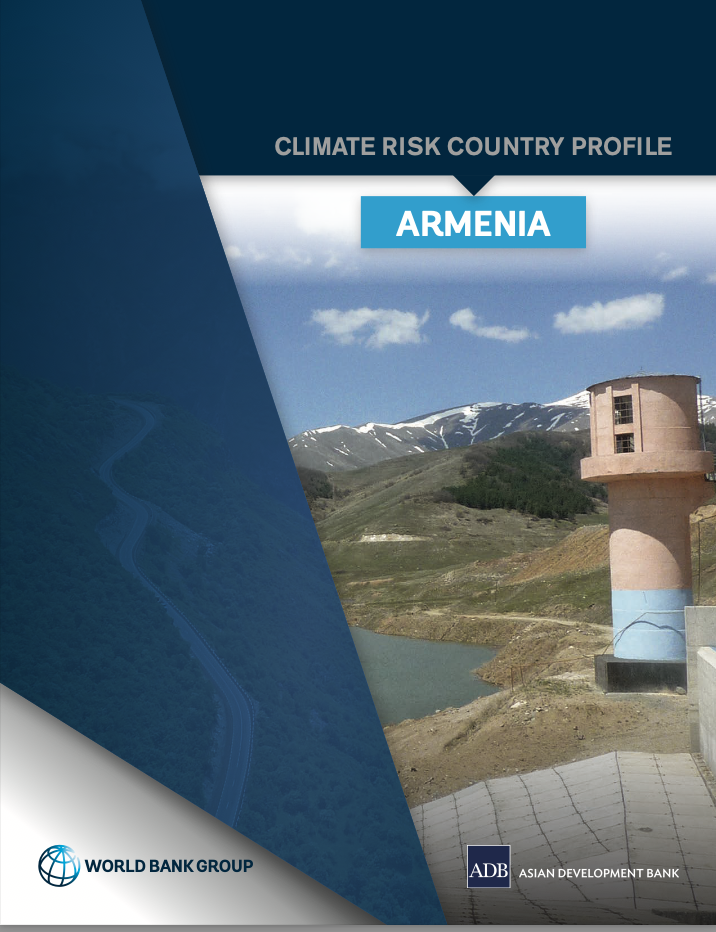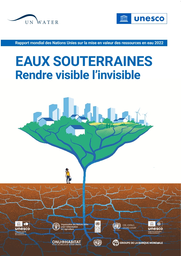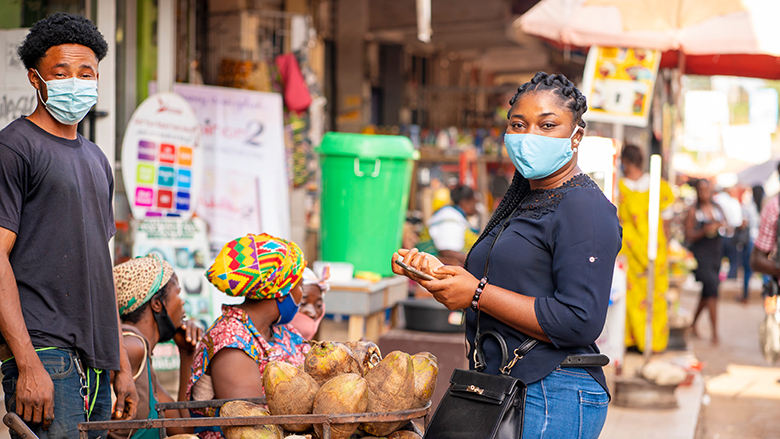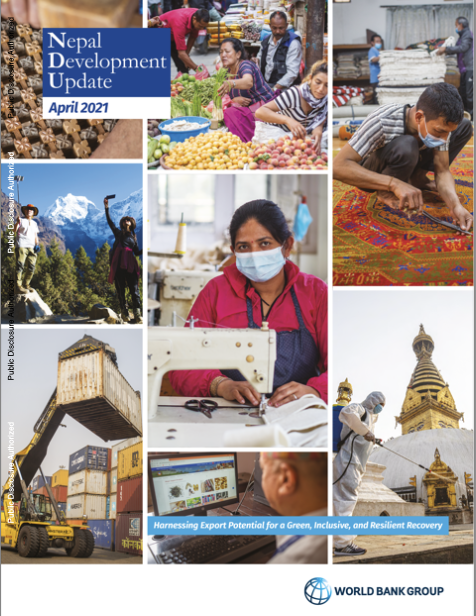The World Bank is a vital source of financial and technical assistance to developing countries around the world. We are not a bank in the ordinary sense but a unique partnership to reduce poverty and support development. The World Bank Group has two ambitious goals: End extreme poverty within a generation and boost shared prosperity.
- To end extreme poverty, the Bank's goal is to decrease the percentage of people living on less than $1.25 a day to no more than 3% by 2030.
- To promote shared prosperity, the goal is to promote income growth of the bottom 40% of the population in each country.
The World Bank Group comprises five institutions managed by their member countries.
The World Bank Group and Land: Working to protect the rights of existing land users and to help secure benefits for smallholder farmers
The World Bank (IBRD and IDA) interacts primarily with governments to increase agricultural productivity, strengthen land tenure policies and improve land governance. More than 90% of the World Bank’s agriculture portfolio focuses on the productivity and access to markets by small holder farmers. Ten percent of our projects focus on the governance of land tenure.
Similarly, investments by the International Finance Corporation (IFC), the World Bank Group’s private sector arm, including those in larger scale enterprises, overwhelmingly support smallholder farmers through improved access to finance, inputs and markets, and as direct suppliers. IFC invests in environmentally and socially sustainable private enterprises in all parts of the value chain (inputs such as irrigation and fertilizers, primary production, processing, transport and storage, traders, and risk management facilities including weather/crop insurance, warehouse financing, etc
For more information, visit the World Bank Group and land and food security (https://www.worldbank.org/en/topic/agriculture/brief/land-and-food-security1
Resources
Displaying 11 - 15 of 4907Metadata on SDGs Indicator 1.4.2
Indicator 1.4.2: Proportion of total adult population with secure tenure rights to land, (a) with legally
recognized documentation, and (b) who perceive their rights to land as secure, by sex and type of tenure
Climate Risk Country Profile: Armenia
This publication synthesizes climate characteristics and projections, vulnerability to natural hazards, sectoral climate change impacts, and adaptation priorities in Armenia. It outlines rapid onset and long-term changes in key climate parameters, as well as the impact of these changes on communities, livelihoods, and economies—many of which are already underway. The publication is part of a series of climate risk country profiles published jointly by ADB and the World Bank Group.
Rapport mondial des Nations Unies sur la mise en valeur des ressources en eau 2022 : eaux souterraines : rendre visible l’invisible
Ce rapport met en lumière les principaux risques et tendances relatifs aux ressources en terres, en sols et en eau et présente les moyens par lesquels nous pourrons résoudre les problèmes de concurrence entre utilisateurs et produire les multiples avantages souhaitables pour les populations et l’environnement. Disponible dans toutes les langues officielles de l’ONU ainsi que sous format numérique pour une lecture sur appareil portable. Rapport complet disponible en 2022.
Food Security and COVID-19
June 4, 2021 -- An increasing number of countries are facing growing levels of acute food insecurity, reversing years of development gains. Even before COVID-19 reduced incomes and disrupted supply chains, chronic and acute hunger were on the rise due to various factors including conflict, socio-economic conditions, natural hazards, climate change and pests. COVID-19 impacts have led to severe and widespread increases in global food insecurity, affecting vulnerable households in almost every country, with impacts expected to continue through 2021 and into 2022.
Nepal Development Update : Harnessing Export Potential for a Green, Inclusive, and Resilient Recovery
The Nepal Development Update is produced annually with two main aims: to report on key economic developments over the preceding months, placing them in a longer term and global perspective; and to examine (in the Special Focus section) topics of particular policy significance. The Update is intended for a wide audience including policymakers, business leaders, the community of analysts and professionals engaged in economic debates, and the general public.









